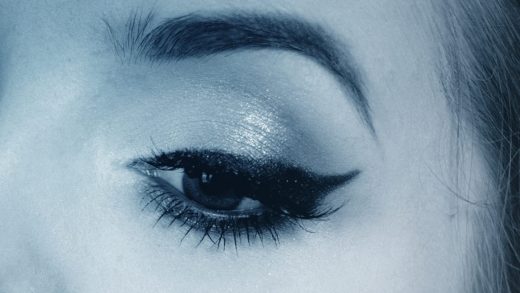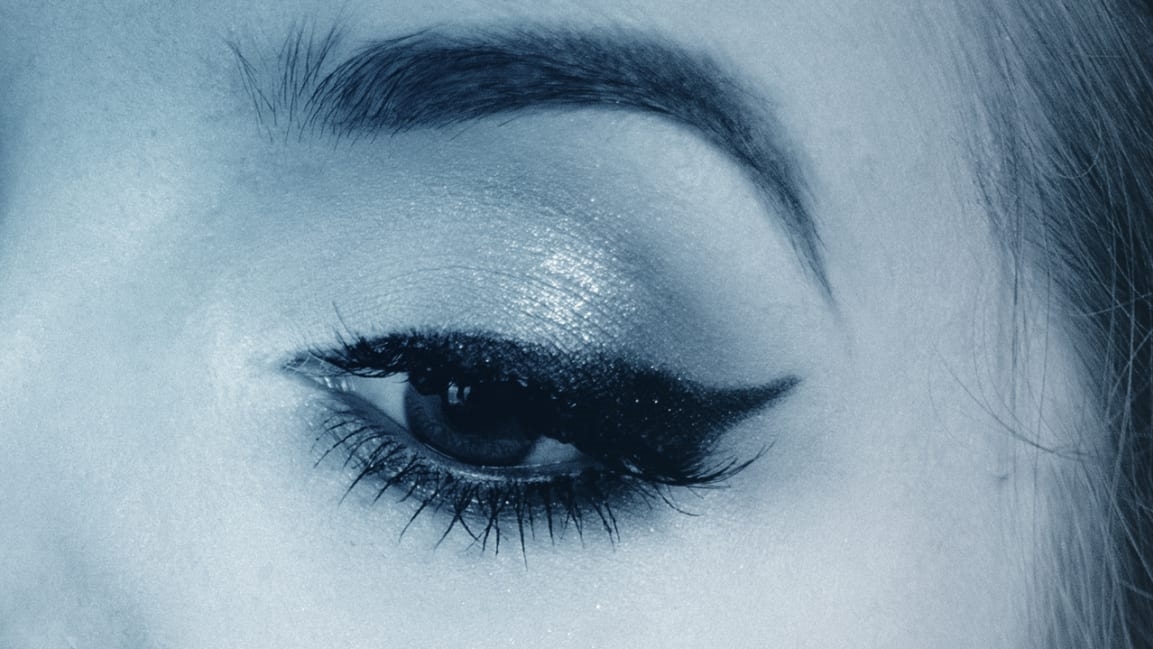Herbivore’s moldy face-cream recall at Sephora underscores an ugly issue for natural beauty
The juggernaut that is the natural beauty industry is beginning to show its cracks.
Earlier this week, a recall was issued for Herbivore Botanicals at Sephora due to mold contamination. Health Canada, the department responsible for Canadians’ national public health, issued a warning for consumers to immediately stop using Herbivore Botanicals’ Pink Cloud Moisture Cream ($48). The best-selling natural skincare brand prides itself on shunning chemicals and synthetic preservatives.
“Since our products are truly all-natural and we do not use any unnatural preservatives at all, our products do have a shelf life of typically 12 months,” reads the Herbivore company website. “If our products are kept out of direct sunlight and at room temperature or below, they will stay fresher longer.”
But according to consumers who recently bought the cult-favorite cream, Herbivore has a history of failing to ensure the quality of its inventory. By nixing traditional preservatives, a number of products have reportedly gone bad often as soon as opened.
On Reddit, shoppers quickly shared their disappointment with the buzzy brand, noting products that are funky-smelling and clumpy, with the texture of yogurt.
“I thought [Herbivore] Moon Fruit [night treatment] will be the one being recalled since it’s always moldy,” wrote one commenter. “I can smell that my Herbivore toners went bad within three months,” chimed in another.
A disgruntled former fan claimed, “Everything I’ve ever gotten from them has discolored or gotten moldy right away.”
In addition, some Sephora shoppers say their negative reviews of Herbivore on the retailer’s website were deleted. Currently, Pink Cloud boasts over 900 reviews, with the majority of them five-stars. (Fast Company has reached out to Sephora but has yet to hear back.)
Cosmetic scientist Perry Romanowski, founder of the Beauty Brains, notes that natural beauty lines start out with more potential for infection because ingredients taken from nature harbor contaminants: spores for bacteria, yeast, etc. Standard cosmetic products simply don’t have the same kind of initial contamination issues. Furthermore, natural preservatives just don’t work nearly as well as traditional preservatives.
Per the company’s website, Herbivore Botanical products generally rely on Vitamin E and a natural preservative called Leucidal, which stems from fermented radish root. But Leucidal has been the focus of criticism, with some researchers insisting that fermented radish root lacks antimicrobial peptides, and Leucidal instead contains synthetic ingredients that account for its debatable efficacy.
“It’s not that difficult for someone in a laboratory under controlled conditions to demonstrate something could be an anti-microbial,” says Romanowski. “Since it’s a natural ingredient, it’s very difficult to analyze what it is chemically, and there really is nothing to stop the company from doping the ingredient with traditional preservatives and just not pointing it out.”
A Herbivore rep says the Pink Cloud cream does not include Leucidal, but instead uses “a variety of natural preservatives that are safe and efficient.” The rep did not share any further specifics.
In addition, Herbivore Botanicals claims it proactively initiated a Pink Cloud recall in February 2018 when “a handful” of their customers reported mold. “They immediately reformulated the product to boost the natural preservative system before placing back on shelves in May 2018. Since this time there have not been any reported complaints on this product,” wrote the rep. But as the Reddit thread showed, there has most certainly been issues of customer satisfaction.
Consumers increasingly voice their concerns about natural products, but it’s unclear what precautions and retailer guidelines are in place to ensure natural products abide by their sell date.
Sourcing fresh botanical ingredients can be expensive, and such ingredients can’t last as long as chemical-laden competitors. Synthetic ingredients can be made much faster and more cheaply than natural sourcing. The longer shelf life allows big-box retailers to buy in bulk without worrying about expiration dates.
Beauty founder Tata Harper, for example, recommends using her natural skincare line within six months. Compare that to conventional drugstore brands, which give a window of two to three years. “Our ingredients are perishable and delicate, so our manufacturing processes are more like food production than an industrial factory,” Harper previously told Fast Company.
“Natural” personal care and beauty products generated more than $1.5 billion in U.S. sales in 2017, according to Nielsen. And the trend isn’t slowing down. A new report from Grand View Research predicts that the global organic personal care industry will reach nearly $25 billion by 2025. Brands with a natural and/or botanically derived clinical orientation now represent the largest combined share of prestige skincare sales. In 2017, they accounted for all gains in the category.
That’s why Sephora announced its Clean Beauty category, a curated collection of products formulated without sulfates, parabens, formaldehyde, and other potentially harmful chemical ingredients. There are more than 50 brand partners and 2,000 products in North America featuring the Clean at Sephora seal.
“Big retailers might stop carrying these small brands,” says Romanowski, “or they’re going to start requiring more proof that the products are safe and free of contamination.”
(36)



